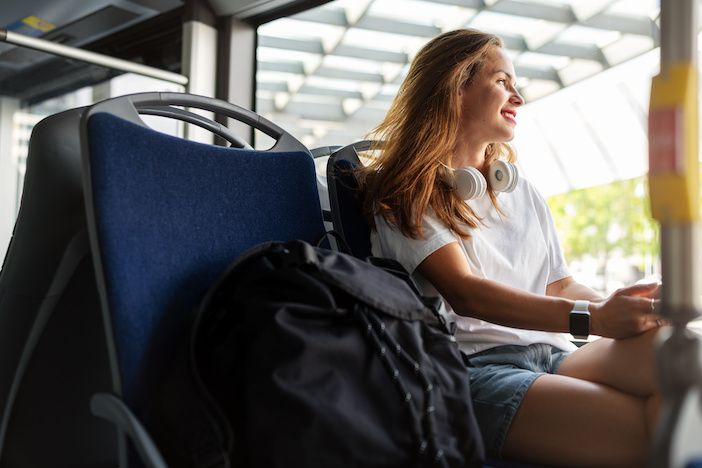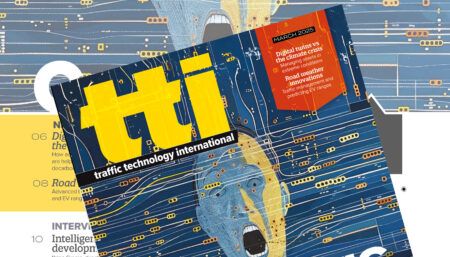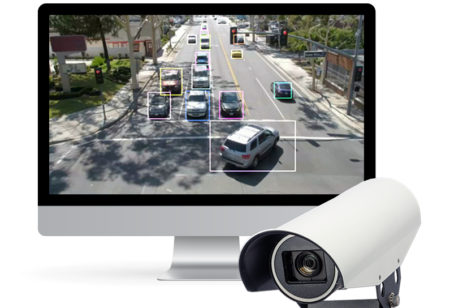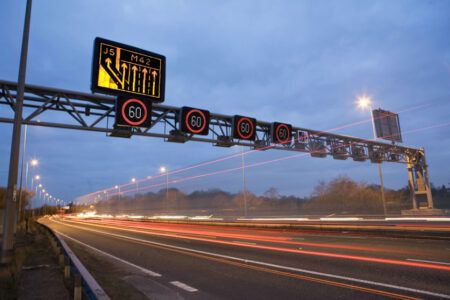A major report from the UK government’s Office for Science advisory body shows how the country can capitalize on opportunities offered by new transportation technologies and innovation to benefit the economy, society and the citizen.
Launched by the government’s chief scientific adviser, Sir Patrick Vallance, the Foresight Future of Mobility report notes that this is a time of unprecedented change in transportation, but the UK is well placed to take advantage of the exciting opportunities offered by new and disruptive transportation technologies.
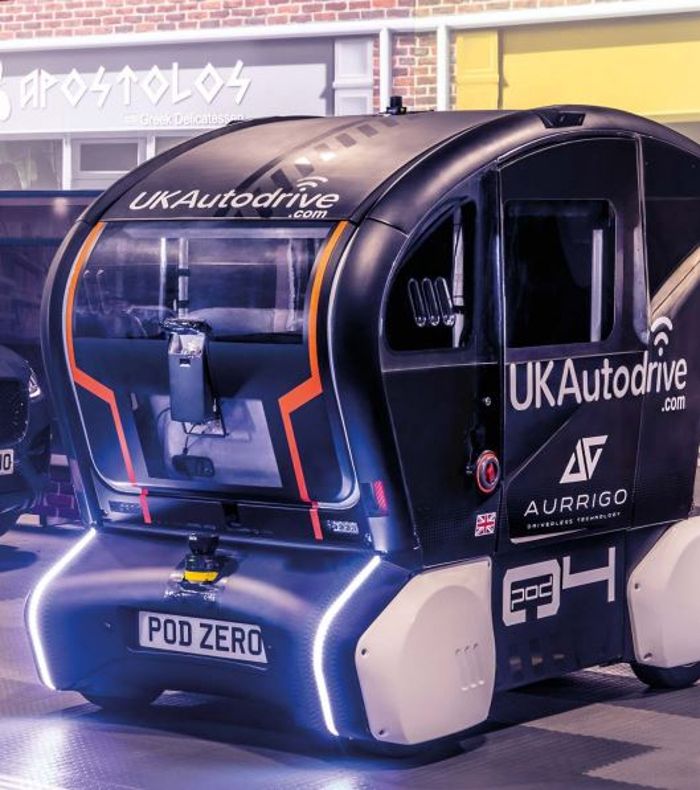 The government’s Industrial Strategy, and in particular the Mobility Grand Challenge, will be central to helping the country realize this ambition, building on the UK’s world-leading expertise and knowledge in the sector.
The government’s Industrial Strategy, and in particular the Mobility Grand Challenge, will be central to helping the country realize this ambition, building on the UK’s world-leading expertise and knowledge in the sector.
The report finds that technologies such as self-driving and zero-emission vehicles will drive innovation in the future. Behavioral and social sciences will be essential to maximize the impact of these technologies, allowing the country to develop a clear understanding of how citizens and businesses make decisions and interact with the transportation system.
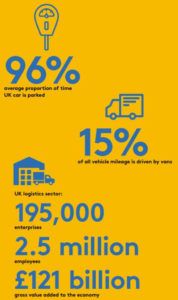
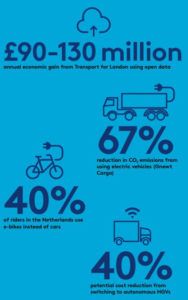 The report also finds that the movement of goods around the country is an equally important consideration.
The report also finds that the movement of goods around the country is an equally important consideration.
In 2017, logistics added £121bn (US$158bn) to the UK economy and employed 2.5 million people.
Data will grow in importance toward 2040; therefore, the ability to use data to integrate different forms of transportation, both passenger and freight, will be vital.
Key findings of the report are:
- Using and sharing data securely and in ways that benefit both companies and public authorities is key;
- Closer to real-time understanding of systems is possible, improving understanding of trends and making it easier to design more integrated systems, spot disruptive trends, and improve decision-making;
- The movement of goods is critical to the economy, with two billion tonnes transported in the UK in 2016, 89% by road. A growing demand for quicker deliveries puts pressure on urban freight deliveries, increasing the number of vans;
- Hard and soft measures will be key to achieving change, meaning the potential of technologies such as self-driving vehicles to support wider objectives can be realized;
- Urban, sub-urban and rural areas all require different responses. In rural areas 87% of trips are by car/van and 78% in urban areas, in London the figure drops to 53%;
- Social change over the last 20 years has seen commuting trips fall by 20%, shopping trips down 20% per person, and annual distance driven by each car dropping about 12%;
- Work, retail, and leisure are changing, shaping new travel patterns, with 17.9% of all retail sales in 2018 internet-based, compared to 3.3% in 2007;
- Societal change has seen the number of young people with driving licenses fall from 48% to 29% between 1992 and 2014.
“Transport is more than just travel, it connects people, places and shapes the way we live. The UK was a pioneer of transport technologies throughout the 19th and 20th centuries, and we can be at the forefront of the next transport revolution,” noted Vallance at the report’s launch.
“We must grasp the opportunities to fully exploit our potential and create a transport system fit for the future. To be successful, industry, academia and policymakers will need to work together, with the user at the heart of the system.”
Images: UK Government report
https://www.nationalarchives.gov.uk/doc/open-government-licence/version/3/
AdobeStock


